Getting to Yes With Iran
The U.S. has continually been trying to coerce Iran into giving up its nuclear program for years now, but with little success. What should Washington do to avoid both military action, and deterrence?
 Courtesy: Foreign Affairs
Courtesy: Foreign Affairs
 Courtesy: Foreign Affairs
Courtesy: Foreign Affairs
 Courtesy: Foreign Affairs
Courtesy: Foreign Affairs
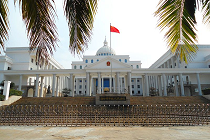 Courtesy: Anna Frodesiak/WikimediaCommons
Courtesy: Anna Frodesiak/WikimediaCommons
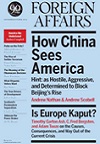 Courtesy: Foreign Affairs
Courtesy: Foreign Affairs
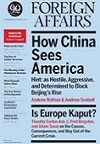 Courtesy: Foreign Affairs
Courtesy: Foreign Affairs
 Courtesy: Foreign Affairs
Courtesy: Foreign Affairs
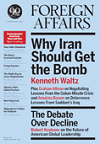 Courtesy: Foreign Affairs
Courtesy: Foreign Affairs
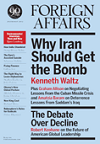 Courtesy: Foreign Affairs
Courtesy: Foreign Affairs
